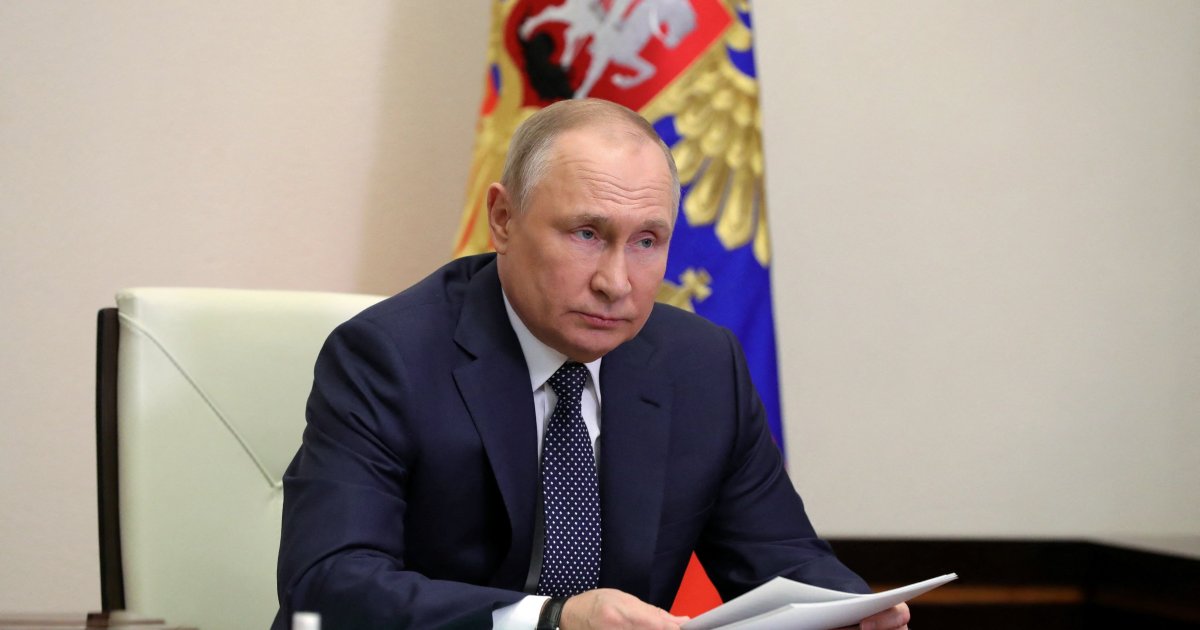Denktas-Papadopoulos dance continues
Each and every one of us became very optimistic and our hopes were raised, even if it was for just a few hours.
Later, we found out that the proceedings had not been as positive as we were led to believe. Serdar Denktas had shared with us just a portion of the event. He may have tried to protect his father, KKTC President Rauf Denktas.
After three phone calls, I realized the situation was just the opposite.
Denktas and Greek Cypriot leader Tasos Papadopoulos, in unison, had objected to some of the most fundamental aspects of the Annan plan.
After saying, "Our coming here shows that we have accepted the contents of your letter," they objected to three of the main principles included in the letter.
1. No solution can be reached by using this timetable;
2. The results of the referendum cannot be accepted beforehand; and
3. U.N. Secretary-General Kofi Annan cannot fill in the blanks if the two sides fail to reach an agreement.
There is nothing left to object to, anyway.
If they had come forward and said, "Secretary-general, we are not accepting your proposals," they might have been more honest.
Things may change by the time you read these words, but the change will not be due to Annan modifying his stance. The only way a change can take place is through some outside power "convincing" the Greek and Turkish delegations.
In other words, the Denktas-Papadopoulos dance will continue, but the thing we should keep in mind is that the final losers will be us, not the Greek Cypriots.
This time Papadopulos did not exploit Denktas
If you want, let’s take an insider’s look at the negotiating room. I got these impressions from foreign officials present at the meeting.
Their impression was:
"Rauf Denktas, contrary to our expectations, was very relaxed. He was smiling. He was very cool. He said they had come to New York because they had accepted the principles of the Annan plan. We were all very happy. However, he objected to such important parts of the invitation that we were amazed. Until now, Papadopoulos would remain in the background and let Denktas do the talking. This time it was Papadopulos who raised objections. While the Turkish side was relaxed, the Greek side was more stubborn. They did not play the game correctly. The two leaders had teamed up. They clearly showed that they wanted to do away with the Annan plan through different objections. Both showed that they were unwilling to negotiate. If they don’t change their attitude, the U.N. secretary-general might decide to discontinue the negotiations."
What no one said openly — but what everyone knew — was that the "big brothers" might intervene at the last minute.
If you read "agreement signed" in today’s newspaper headlines, be assured that the big brothers have intervened.



/cloudfront-us-east-1.images.arcpublishing.com/gray/PKEOTLNGYBEKNO2IF4GLHIZJBI.jpg)